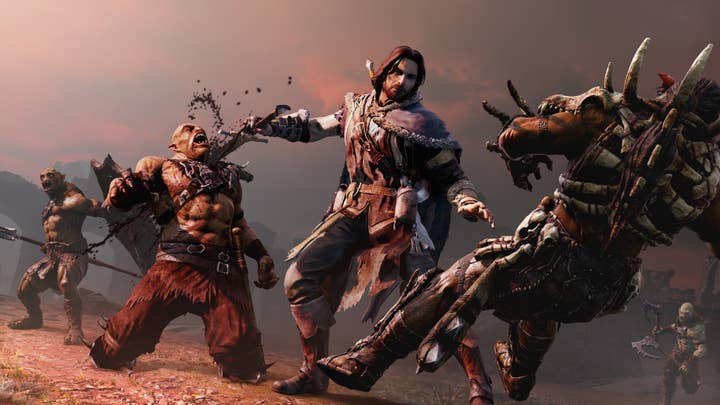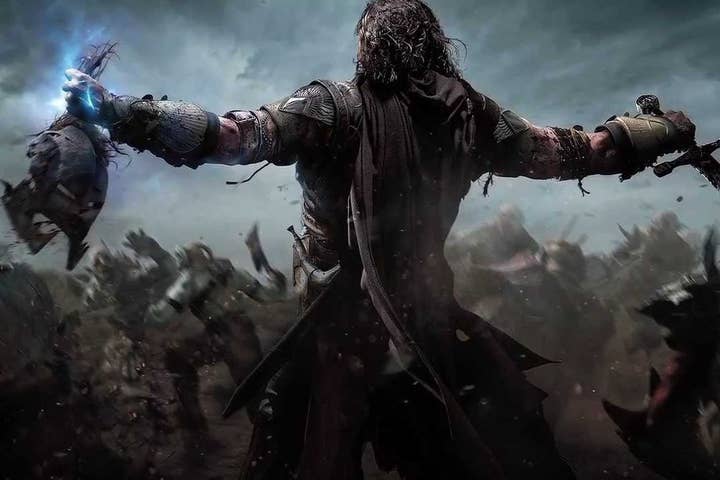Monolith: Shadow Of Mordor's secret sauce
Why "turning Mordor into a giant prison yard" worked
Michael de Plater, creative director at Monolith Productions, used his DICE Summit talk to explain that the success of its recent hit Middle-earth: Shadow of Mordor lay in empowering the players to tell stories.
"Players are no different from us, they also love telling and creating and sharing stories, it's just such a fundamental innate human need" he said.
"But it was more important for us to worry about empowering their ability to tell stories than it was for us to worry about telling them our wonderful stories. This was really the secret sauce of how the Nemesis system worked.
"We had to give people detailed anchors at points in the story so their imaginations would fill in the gaps in a way that created these really rich narratives. And then also to maximise the number of different stories we could tell and support, to understand what was enough information to give the players so that their imaginations could then run off and fill in those gaps."

They also wanted to give people an emotional experience - demonstrated by a video of a very angry man being repeatedly killed by a particular orc before finally defeating him - where they could make their own stories and become emotionally engaged with the characters.
"And then, even more importantly, in the modern world where we've got YouTube and we've got all these vehicles they could share those stories with each other as well."
He explained that to do this one of the big references Monolith used for designing the Nemesis system was real world sports like soccer, which don't have checkpoints.
"Sports are designed as systems which generate stories every year. They start with the early play-offs, they're designed that if there's a failure through the mid-season you don't rewind to the last save and start playing again from that point, as much as you potentially wish you could. You embrace that and move forward
"Turning Mordor into a giant prison yard"
"And commentary systems in sports games, there's the ability to remember and recall things that have happened previously. Their narrative systems that build drama out of conflict and tribalism and then their career mode, you can follow one rookie player all way from entering the league all the way up to super stardom."
Memory was also important - you could build a players level of engagement by acknowledging them in this sort of way - he cited Metal Gear Solid as a game that did this well.
de Plater also spoke about the use of scars to mark the orcs depending on how players had fought them, in a way that gave them a super villain look and a story of their own. Those orcs also had their own power hierarchies, "turning Mordor into a giant prison yard."
He added that in the future Monolith Productions planned to find ways to introduce collaborative storytelling using the Nemesis system.
Shadow Of Mordor was released on September 2014 and was biggest launch ever for a game based on The Lord of the Rings. It was also praised by critics.

